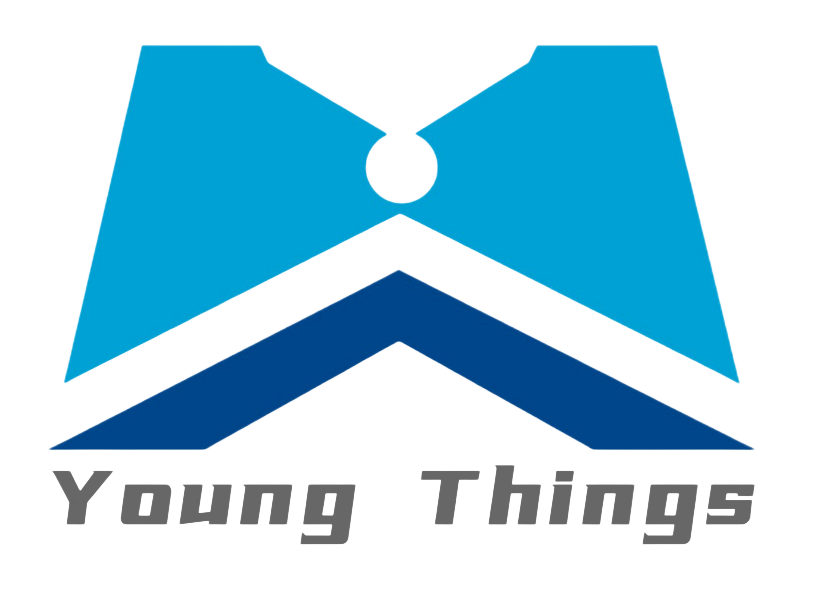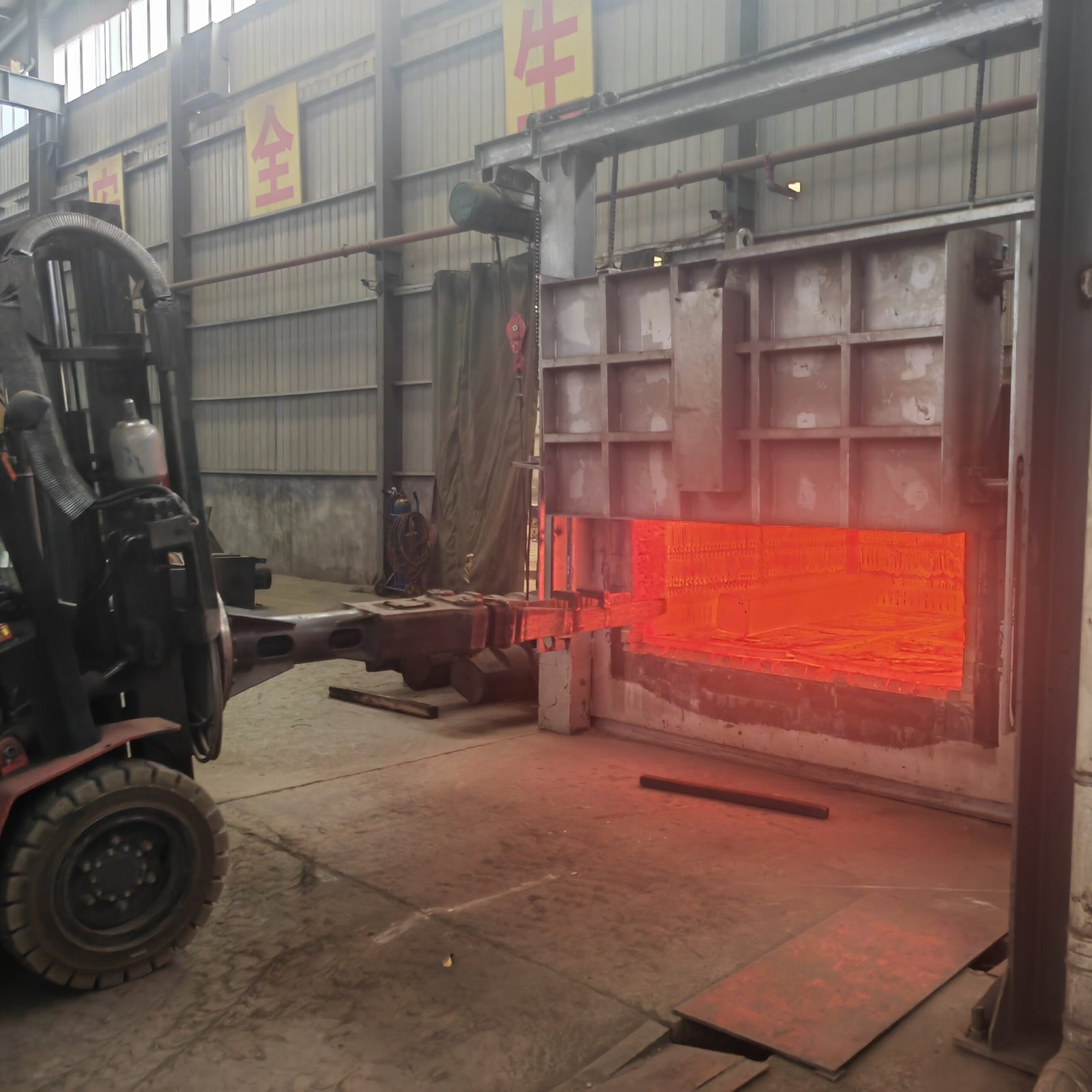Entering the world of importing, especially when dealing with high-value materials like titanium alloys, is both an exhilarating and daunting experience. The allure of sourcing titanium from China, known for its vast manufacturing capabilities and competitive pricing, is undeniable. However, for new importers, navigating this landscape to ensure cost efficiency while maintaining quality can be a significant challenge. But don’t worry—this comprehensive guide will outline common challenges faced by new importers, provide a step-by-step approach to saving money on your titanium orders, offer additional tips and tricks, and conclude with actionable advice to help you transition from zero to hero in the titanium importing business.
Common Challenges Faced by New Importers
Understanding the Market: The titanium market in China is vast, with numerous suppliers offering a wide range of products. The challenge lies in identifying reputable suppliers who can consistently deliver high-quality titanium alloys. Without proper market knowledge, you might end up with substandard materials that could compromise your products or operations. Many new importers make the mistake of choosing the lowest bid. However, this often leads to issues later on. For example, the titanium they receive may not meet international standards. As a result, they face costly problems. Therefore, it’s important to prioritize quality over price from the start.This can lead to costly delays, product recalls, and a tarnished reputation.
 Quality Control: Ensuring that the titanium alloys meet the required standards is crucial. New importers often struggle to verify the chemical composition and mechanical properties of materials. As a result, they risk receiving counterfeit or low-grade products. This issue is particularly serious in industries like aerospace, medical devices, and high-performance automotive manufacturing. In these fields, the consequences of using substandard titanium go beyond financial losses. In fact, they can be catastrophic. Therefore, strict verification processes are essential to ensure safety and quality. That’s why it’s vital to have rigorous quality control measures in place before, during, and after the production process.
Quality Control: Ensuring that the titanium alloys meet the required standards is crucial. New importers often struggle to verify the chemical composition and mechanical properties of materials. As a result, they risk receiving counterfeit or low-grade products. This issue is particularly serious in industries like aerospace, medical devices, and high-performance automotive manufacturing. In these fields, the consequences of using substandard titanium go beyond financial losses. In fact, they can be catastrophic. Therefore, strict verification processes are essential to ensure safety and quality. That’s why it’s vital to have rigorous quality control measures in place before, during, and after the production process.

Negotiating Prices: While China offers competitive pricing, negotiating the best deal can be tricky.New importers often lack knowledge of market rates and proper negotiation tactics. As a result, they may face higher costs or end up with unfavorable terms. Additionally, many importers do not fully understand the true cost of titanium. This includes important factors like raw material quality, processing methods, and logistics. Without this understanding, they might agree to prices that seem low at first. However, these prices can lead to higher expenses in the long run due to hidden costs or poor-quality materials. Therefore, it’s crucial to grasp all cost factors before making any agreements.
Logistics and Customs: Managing the logistics of importing titanium alloys, including shipping, customs clearance, and duties, can be complex. Any missteps in this area can lead to delays, increased costs, and legal complications. Titanium is both a strategic and valuable material. Because of this, it may be subject to specific regulations and tariffs. These rules often vary depending on the material’s intended use. For new importers, navigating these requirements can be daunting. Without expert guidance, they might get overwhelmed by paperwork. Moreover, unexpected fees can quickly add up, creating further challenges. Therefore, it’s essential to seek expert advice early on to avoid these potential pitfalls.
Step-by-Step Approach to Saving Money on Your First Titanium Order
Research and Vet Suppliers: Start by thoroughly researching potential suppliers. Use online platforms like Alibaba or Global Sources, but also consider reaching out to industry contacts for recommendations. Once you’ve identified a few potential suppliers, request samples and detailed product specifications. Pay attention to their certifications, such as ISO standards, and ask for references from other international buyers. A supplier who is transparent about their processes and willing to provide documentation is likely to be more reliable in the long term.
Leverage Bulk Orders: Placing a smaller order may seem less risky at first. However, ordering in bulk can lead to significant cost savings. Many titanium suppliers are willing to offer discounts for larger orders. As a result, you can save up to 10-15% on your first purchase. Additionally, bulk ordering strengthens your negotiating position. This allows you to secure better payment terms and reduced per-unit costs. Furthermore, it may even give you priority in production scheduling. Therefore, ordering in bulk offers multiple advantages that go beyond just cost savings.
Negotiate Smartly: Negotiation is an art. When discussing prices with suppliers, be prepared with market data to support your position. Highlight your intent to establish a long-term partnership, which could incentivize the supplier to offer better pricing. Also, consider negotiating flexible payment terms. For instance, you could arrange to pay a portion upfront and the rest upon delivery. This approach can help you manage your cash flow more effectively. In addition, don’t hesitate to ask for price breaks. These discounts can apply to repeat orders or larger volumes. As your relationship with the supplier grows, they may be more willing to offer these benefits. Therefore, smart negotiation can lead to better financial management and long-term savings.

Optimize Shipping: Shipping costs can quickly add up, especially for heavy materials like titanium. Work with logistics companies to find the most cost-effective shipping methods, whether it’s by sea, air, or a combination of both. Consider consolidating shipments if you’re importing from multiple suppliers to reduce costs. Additionally, make sure all paperwork is in order to avoid customs delays and fines. It’s also worth exploring bonded warehousing options if you plan on storing titanium for extended periods, as this can defer some of the duties until the material is actually sold or used.
Conduct Rigorous Quality Control:
Additional Tips and Tricks
Build Relationships: Developing a strong relationship with your supplier can lead to better terms and quicker resolutions if issues arise. Frequent communication and visiting the supplier in person can build trust and ensure smoother transactions. Establishing a rapport can also lead to perks like faster turnaround times, insider tips on market trends, or even early access to new materials or technologies that the supplier may be developing.
Stay Informed: Keep up with market trends and changes in international trade policies, especially those affecting the titanium industry. This knowledge can help you anticipate price fluctuations and make informed purchasing decisions. Being aware of global events, such as shifts in demand or changes in production costs in major titanium-producing countries, can give you a strategic advantage in timing your purchases.
Consider Currency Exchange: Currency fluctuations can impact your costs. If possible, lock in favorable exchange rates when making payments, or use forward contracts to hedge against adverse currency movements. Working with a financial advisor or using specialized financial products can help you mitigate the risks associated with currency volatility, especially if your business operates in multiple currencies.
Actionable Advice
Starting your journey as a titanium importer can be challenging, but with careful planning and execution, you can save significantly on your first order. Focus on building strong supplier relationships, ensuring rigorous quality control, and optimizing logistics to keep costs low. And remember, you’re not alone in this—partnering with a reliable supplier can make all the difference.
Speaking of reliable suppliers, have you considered working with us for your titanium alloy needs? We’re not just about competitive pricing; we’re committed to quality and transparency. With our robust supply chain, you’ll know exactly what you’re getting, and we’ll be there to support you every step of the way. So why not let us take the hassle out of importing titanium? After all, your success is our success—let’s turn that zero into hero together!
Share this article
Written by : 钛合金网
Follow us
Table Of Content





